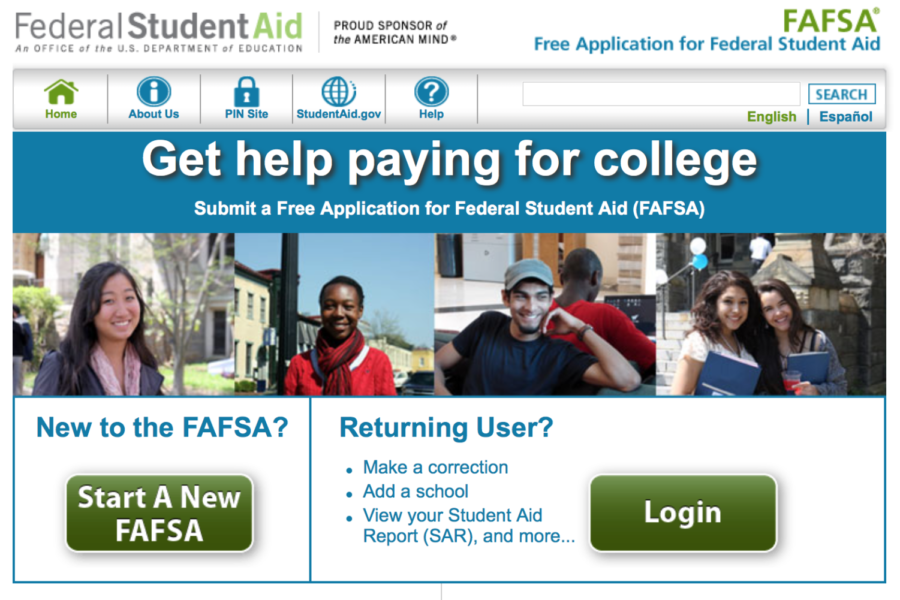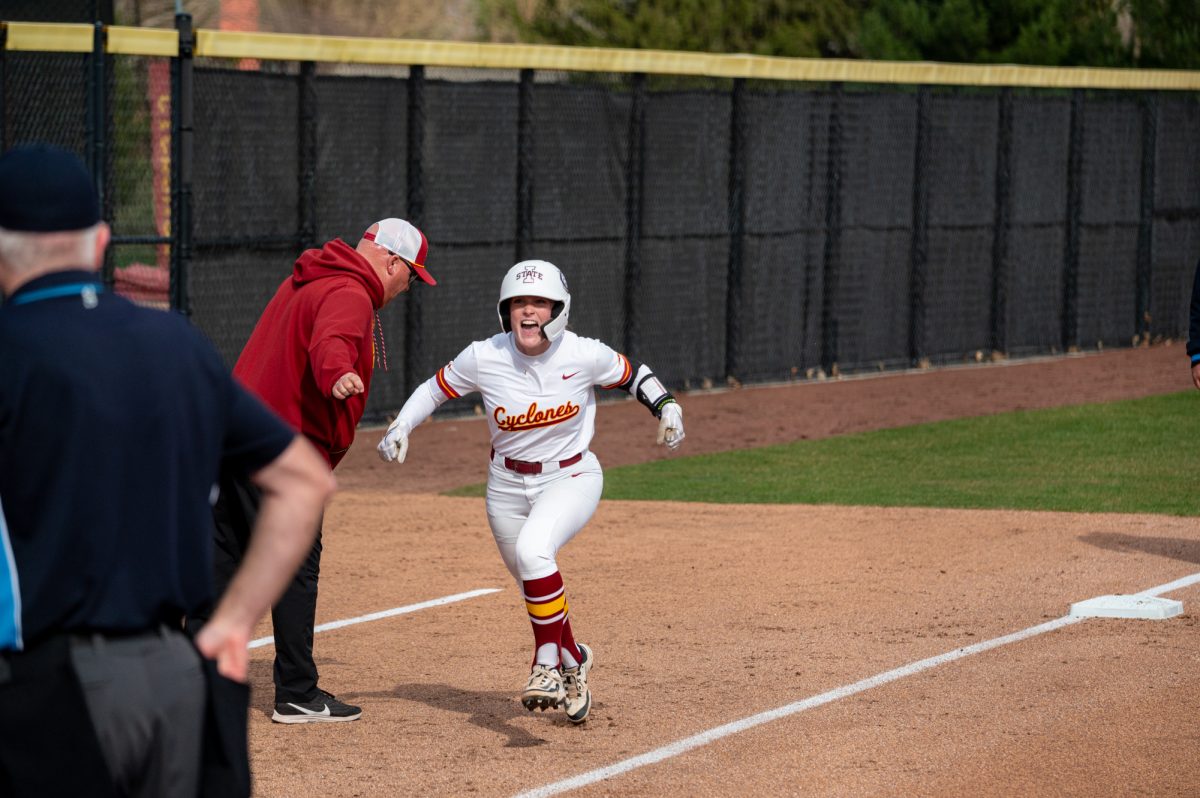Time to file the FAFSA
The free application for federal student aid allows students to apply for grants and loans from the federal government to help pay for their college education. The deadline is less than a month away for filing.
February 10, 2015
If you’re one of the 30,000 potential and current ISU students who file a Free Application for Federal Student Aid to help pay for college, don’t procrastinate getting it done.
This is the advice Roberta Johnson, director of the office of financial aid, stresses to students. The FAFSA manages financial assistance programs that provide grants, loans and work-study funds to students attending a college or technical school.
While students can submit their FAFSA after March 1, they will not be eligible to receive a few Iowa State-specific grants, such as the ISU grant program, the supplemental educational opportunity and work study.
“Filing by March 1 is not a guarantee you will get money from any of those sources,” Johnson said. “Why potentially cut yourself out of thousands of dollars of financial aid by being late?”
Students who do not complete their taxes before March 1 may run into a roadblock when filling out an application.
If students run into this issue, they can use estimated financial data by selecting the option that says the student has not completed taxes yet, but will in the future. The Department of Education created a Data Retrieval Tool to help students figure out the information.
“If you have filed your tax return with the IRS and if you’ve done it electronically, then usually within a couple of weeks, you can go out and utilize the Data Retrieval Tool and you can directly import your tax information from the IRS into the FAFSA form,” Johnson said.
Students who select this option must update their tax information on the FAFSA form when their taxes are completed.
Johnson said a common mistakes she sees is students entering their social security number incorrectly, or “fat finger,” which would cause them to have to restart their application all over again.
Other mixups include a number of parents completing the FAFSA for multiple children and mixing up the students’ social security number or tax information by attaching it to the wrong student.
“They are doing what many parents are trying to do, which is be helpful and reduce stress on the students,” Johnson said.
Other times, a parent might forget that when the FAFSA form says “you,” it refers to the student, and they may put their own information on accident.
Natalie Pratt, senior in English education graduating in December 2015, said she has never completed a FAFSA by herself and that her parents haven’t let her fill it out herself. This year, however, she is taking on the form.
“I don’t know [what I need to fill out the FAFSA],” Pratt said. “I wish my parents had made me do it so I would know more about it.”
Pratt isn’t the only student whose parents help or completely fill out the FAFSA. Madeline Duque, junior in marketing, said her parents have also filled out her FAFSA every year. She said she plans on filling out this year for the last time before she graduates next year.
Different parental situations can arise and provide other complications to filling out the FAFSA, Johnson said. Another mistake she sees on forms is a misunderstanding on a parent’s marital or job situation, or a change in the student’s living situation.
Some of these situations call for a special conditions application form. For example, if a student’s parents divorce in the middle of the year and a parent moves out of the household, the reported financial information changes and the student would need to provide additional documents to prove the changed situation.
Johnson said the Office of Financial Aid receives about 400 of these applications each year. She has three staff members whom must go through each of these applications individually, which is why the process may take a bit longer, she said.
Students who think they might be eligible for a special conditions application should meet with a financial aid adviser prior to filling it out. Johnson said it could be an unnecessary hassle, as sometimes filling out the special applications form doesn’t provide the student with more aid than the previous year.
Students whom haven’t completed the FAFSA by mid-April, when tax season is almost over, will receive monthly reminder emails from the Office of Financial Aid, Johnson said.
For those overwhelmed with the application process, Ames is hosting a College Goal Sunday — a nationwide event that assists families with completing the FAFSA — from 9 a.m. to noon Saturday, Feb. 21 at the DMACC Hunziker Center off of Interstate 35.
Families with students attending any university can come in anytime between 9 a.m. and noon to ask questions and fill out the FAFSA.
Johnson said the biggest part of completing the FAFSA is completing it quickly.
“Don’t procrastinate,” Johnson said. “Be like Nike and just do it.”







